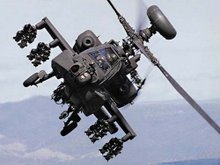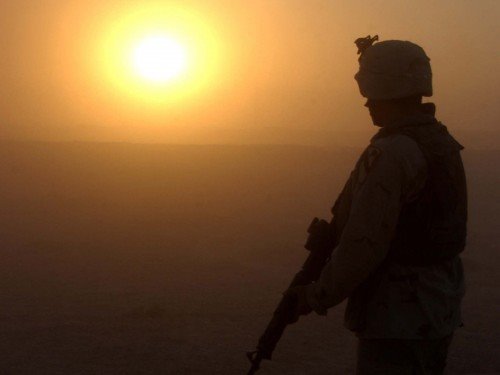Rape and Sexual Assault Allegations in the Military, Part 1 – All Charges Dropped in Duke Lacrosse Case
After a year of providing “talking heads” on news programs and talk shows with fuel to pontificate about various divisive topics, and a year after providing some (like Nancy Grace) with an opportunity to very publicly cast aside the presumption of innocence and rush to judge individuals in a situation they know nothing about, the “Duke Lacrosse case” is finally and mercifully over. All charges, to include rape and kidnapping, have been dropped after an investigation by the North Carolina Attorney General, Roy Cooper. Different people will have different reactions to the news. Hopefully, a shared reaction is deep concern about how this case was initially handled, and careful consideration as to whether other rape cases around this country (with far less public scrutiny) have been handled in a similar fashion. Are there innocent men sitting in jail cells right now because they didn’t have a Roy Cooper to look critically at the allegations and evidence they faced? I think the obvious answer to that question is “yes.”
Some of the Attorney General’s quotes that should be a disturbing wake-up call to those (“the believers”) who blindly believe in the fairness of the criminal justice system, who believe that all prosecutors are the objective pursuers of justice and who believe that all accusations and convictions in rape cases (and other cases) are justified are as follows:
“There were many points in the case where caution would have served justice better than bravado.”
"This case shows the enormous consequences of overreaching by a prosecutor."
"We believe that these cases were the result of a tragic rush to accuse and a failure to verify serious allegations. Based on the significant inconsistencies between the evidence and the various accounts given by the accusing witness, we believe these three individuals are innocent of these charges."
"Rape and sexual assault victims often have some inconsistencies in their account of a traumatic event," Cooper said. "However, in this case, the inconsistencies were so significant and so contrary to the evidence that we have no credible evidence that an attack occurred in that house on that night."
"I think a lot of people owe a lot of apologies to other people. I think that those people ought to consider doing that."
To “the believers” I sadly say: “No, there is no Santa Claus. That’s what we’ve been trying to tell you.”
A significant percentage of the military trials and court-martial cases Frank Spinner (of counsel) and I (Richard Stevens) handle are rape and sexual assault cases. This Duke case has provided an opportune time to discuss how the military justice system handles rape and sexual assault cases, the difficulties faced by military attorneys and civilian defense lawyers who defend military members accused of rape and/or sexual assault, and the military law that applies to these cases. Would the defendants in the Duke case have fared as well under the Uniform Code of Military Justice (UCMJ)? Would the military justice system have handled this case better or worse than it was handled in the civilian world? I will address these issues in blog posts to follow. Particularly for anyone with a child serving in the military, or our young troops who have just begun to serve, these blog posts could be very important in opening your eyes.
By: Attorney Richard V. Stevens
Civilian criminal defense lawyer and military defense lawyer
Military Defense Law Offices of Richard V. Stevens, PC
http://www.militaryadvocate.com
Blog postscript: Attorney Frank Spinner and I (attorney Richard Stevens) are former active duty military lawyers (JAG). Our perspectives and advice, therefore, are based upon our experience as military defense lawyers and as civilian criminal defense lawyers practicing exclusively in the area of military law. This blog addresses issues in military law, military justice, military discipline, military defense, court-martial practice, the Uniform Code of Military Justice (UCMJ) and other military and/or legal topics. Nothing posted in this blog should be substituted for legal advice in any particular case. If you seek legal advice for a particular case, please contact The Law Offices of Richard V. Stevens & The Law Office of Frank J. Spinner for a free consultation.
Wednesday, April 11, 2007
Subscribe to:
Post Comments (Atom)
























1 comment:
In reviewing recent history, I believe that the duke players would have been found guilty of some charge. Webster Smith, USCGA, found guilty of indecent assault, extortion, sodomy, failure to obey an order and absent without leave, Lamar Owens, USNA, guilty of conduct unbecoming and failure to follow a lawful order, and Kenny Ray Morrison, USNA, guilty of indecent assault on a female midshipman and conduct unbecoming an officer.
None of these cases found guilty of rape, Kenny Ray Morrison's original charge.
The Duke lacrosse players is a counterpoint to these military cases. Most of the evidence was nearly as poor as in Duke, but the alternative charges prevailed.
Unlike Duke, there is little civil recourse, but like Duke the USNA charges were pursued with an overzealous prosecutor with an agenda.
Post a Comment